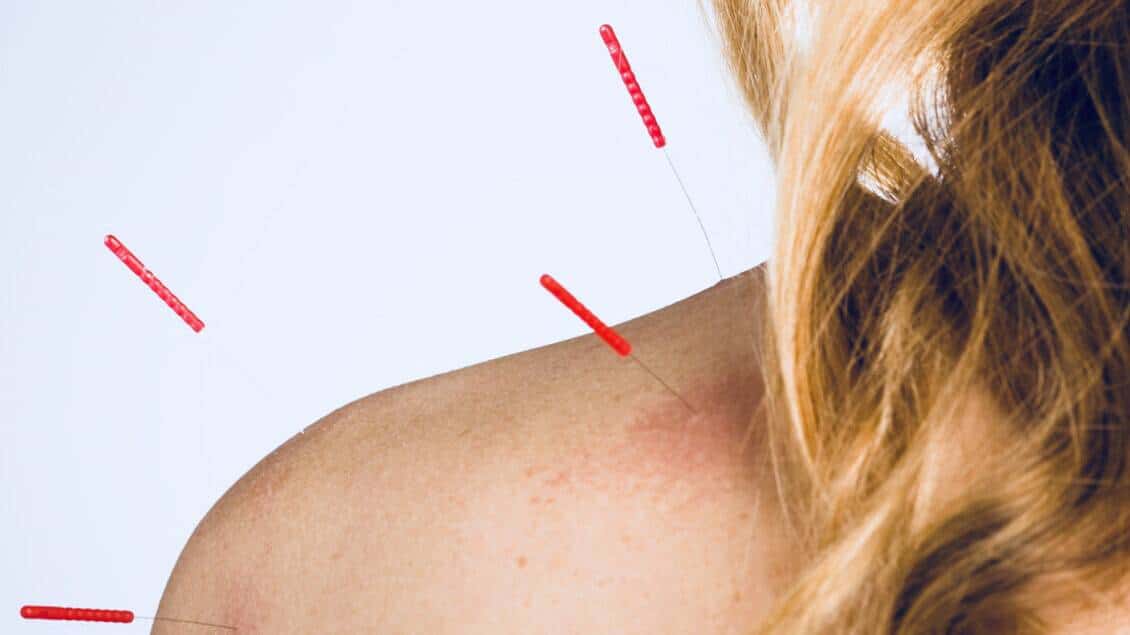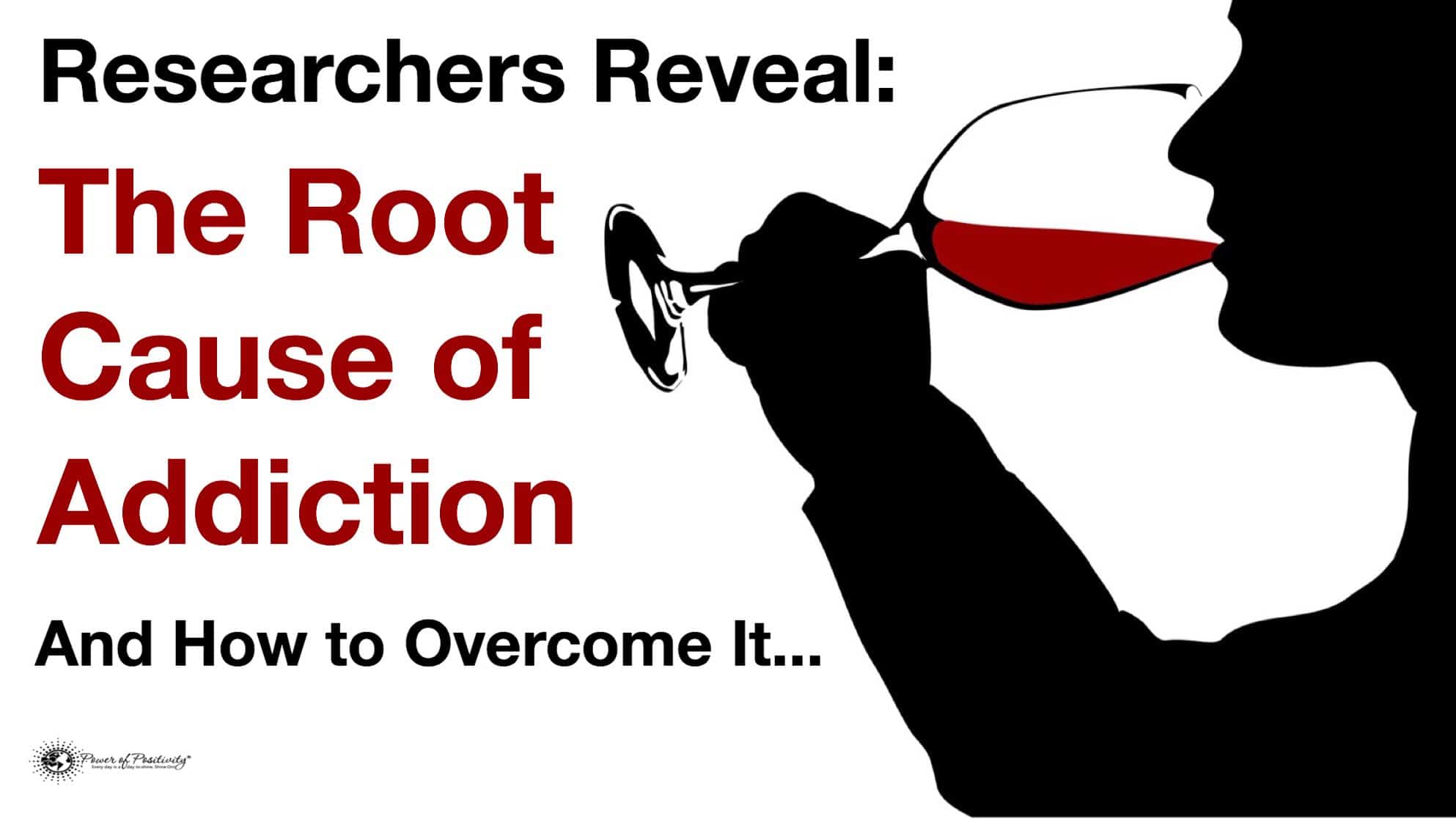Is acupuncture a possible cure for addiction. It appears so, says a study.
You’re probably well aware of the opioid drug epidemic in the United States, Canada, and some other countries. In the U.S. alone, prescription opioid abuse is a public health crisis, with tens of thousands of Americans dying each year.
Recently, the attorneys general of six U.S. states filed lawsuits against Purdue Pharma, the privately held manufacturer of the prescription drug OxyContin. The attorney general for the state of Texas, Ken Paxton, accused the company of “misleading marketing tactics that are fueling the nation’s opioid epidemic.”
Per the USA Today, “The rate of opioid prescription has tripled in the United States since the 1990s and 1 in 15 patients treated with narcotics for pain management in U.S. emergency rooms becomes chronically dependent.”
What are opioids?
Opioids are prescription drugs most commonly prescribed as painkillers. The most popular opioid prescription drugs are oxycodone (OxyContin), hydrocodone (Vicodin), codeine, morphine, and fentanyl. Most of these drugs are available as an oral tablet. Fentanyl is sold as a patch and absorbed through the skin.
Opioids bind to receptors in the brain, spinal cord, and other areas of the body. They work by suppressing the pain signals sent to the brain, which relieves the user. They also create a euphoric feeling in the user, who may become addicted to these feelings of euphoria.
Numerous and diverse consequences of opiate abuse exist. According to a study published in the Journal of Substance Abuse Treatment, “The social, medical, and economic consequences of opioid dependence are profound, including lost productivity, crime and violence, disrupted relationships, HIV/Aids and other diseases, and death.”
Opioid addiction is also notoriously difficult to treat. Lindsey Kramer, a substance abuse and mental health counselor, makes this observation:
Due to the fact that the prefrontal cortex (PFC) is not fully matured until around age 25, a young adult will arguably struggle with risk-taking, limited judgment, and impulse control … the result is a young opiate addict with a preprogrammed mentality of, “feel good now, consider the consequences later.’”
The physical dependence created by opiates is both potent and highly dangerous. Withdrawal can cause symptoms such as chills, irritability, loss of appetite, muscle cramps, sweating, and insomnia.
The National Center for Health Statistics, part of the U. S. Centers for Disease Control and Prevention (CDC), documented over 63,600 lost to drug overdose in 2016. Over 42,000 deaths were due to opiates.
Is Acupuncture the Answer?
According to McLean Hospital, a psychiatric affiliate of Harvard Medical School, a new technique is receiving attention. This technique, called “transcutaneous electric acupoint stimulation” (TEAS), may help more opioid addicts maintain sobriety.
TEAS is essentially a modern-day replacement for acupuncture. Andrew Shubov, MD, a professor of medicine at the University of California, Los Angeles writes, “… TEAS can be used as an effective self-care tool for patients with chronic illness who do not have the time or resources for frequent acupuncture treatments.”
The physiological effects of TEAS are very similar to those of traditional acupuncture – but with no needles. Instead, TEAS practitioner attach electrodes to areas of the body and use a slight electrical current, which is amplifiable, to stimulate the nervous system.
The Study
Researchers from Harvard Medical School wanted to evaluate the effectiveness of TEAS treatment on opioid recovery. The team used 48 patients from McLean hospital who had just undergone an inpatient detoxification protocol. Each patient joined one of two groups: TEAS treatment and non-TEAS (simulated) treatment. TEAS treatment participants received three 30-minute TEAS sessions over a four-day period.
The Results
Here’s how the study’s results break down:
- Just 29% of TEAS patients relapsed within two weeks of treatment; 65% non-TEAS patients relapsed.
- While 35% of TEAS patients used a drug within two weeks, this number rose to 75% for non-TEAS patients.
Final Thoughts: TEAS Has Promise
As Chinese acupuncturists of 2,500 years ago discovered, acupuncture is an effective and natural treatment for certain medical conditions. If a university like Harvard is testing ancient medicinal techniques (albeit with new technology), you can bet many scientists are perking their ears and taking notice.
Our society needs them to notice – and do something about it. For too long, doctors and others within the traditional medical community have forgone effective alternative-based treatments for non-justifiable reasons. Case in point: the use of cannabis for medical purposes is still illegal in 21 U.S. states.
Opioid abuse is claiming the lives of tens of thousands of people every year. Prior to this study, few non-drug-based solutions have been offered. Although TEAS treatment is still in its early days of clinical trials, this new technology is showing great promise in addiction treatment.
















